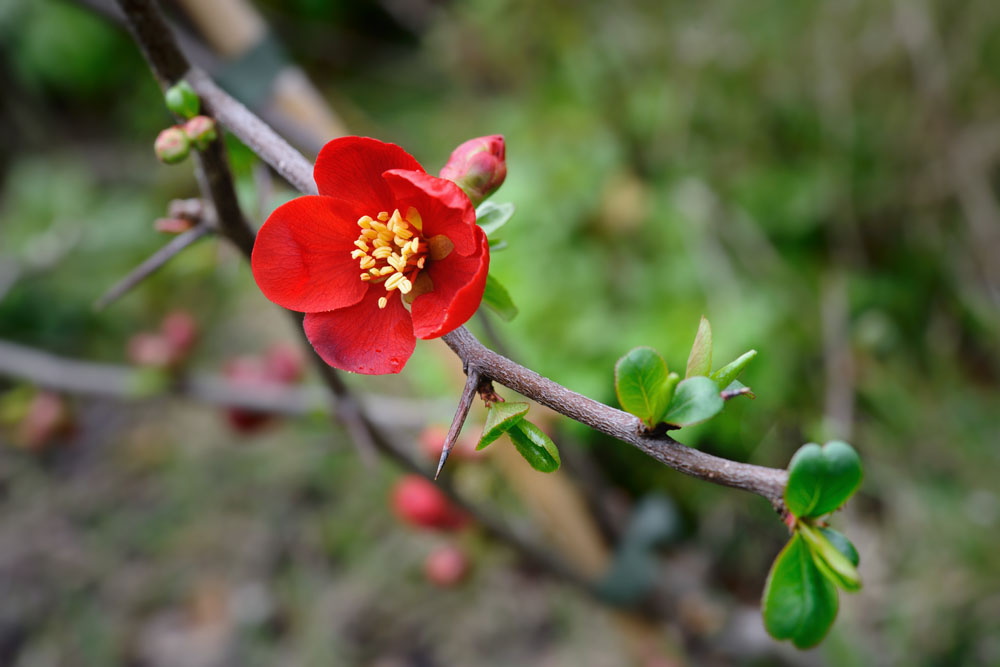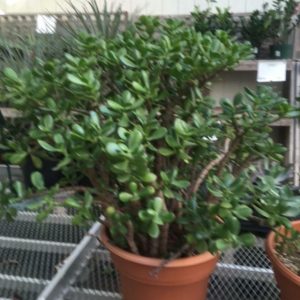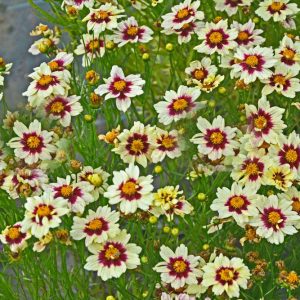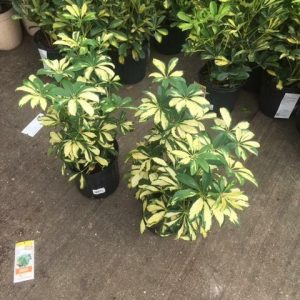Description
Chaenomeles – Flowering Quince –
There are about 3 species of deciduous, often thorny, multi stemmed shrubs, one is sometimes a small tree, in this genus. They occur in high altitude woodlands in China, Japan and Korea. They are grown for there early cup shaped flowers, which have 5 petals, that may be double, held singly or dense clusters, and for their apple like, edible, aromatic yellow to green or purplish green fruits, borne in autumn, and palatable when cooked. The borne in early spring, on bare tangled branches on previous years growth, are red, pink, or white. They produce alternately arranged, oval, simple toothed, deep green leaves. Grow in a shrub border or on a bank, or train against a wall. Some flowering quinces, such as C. japonica are useful as a ground cover or low hedging.
Grow in moderately fertile, well drained soil in sun or partial shade. Suitable for a lightly shaded wall, but bloom and fruit best in sun. They tolerate alkalinity, but may become chlorotic on very alkaline soils. Also tolerant of pollution and urban environments.
Prone to fireblight, canker, rust, apple mosaic virus, and scale insects.
C. x superba ‘Crimson and Gold’ – This vigorous, rounded shrub is a cross between C. japonica and C. speciosa and grows 3′ feet tall and 6′ feet wide. From spiny, spreading branches it carries narrowly to broadly ovate or ovate-oblong, glossy, mid green leaves, to 2 ½” long. From spring to summer it bears clusters of cup shaped, scarlet flowers, to 1 3/4″ across with golden yellow anthers, they are followed by green fruit, 2-3″ long, ripening to yellow and are scented.
Zones 5-10





